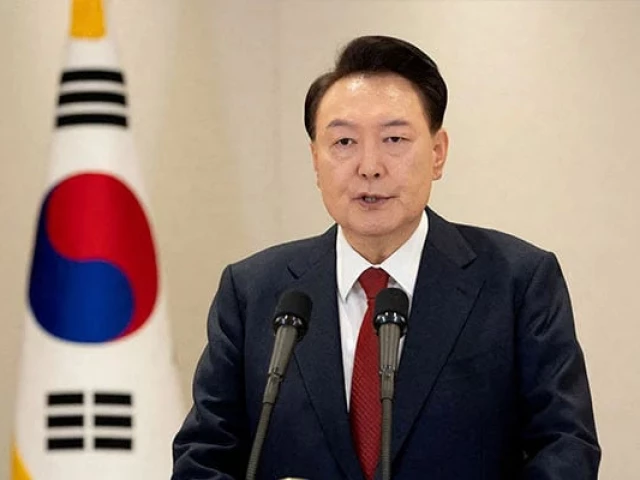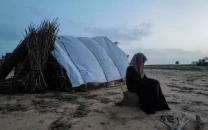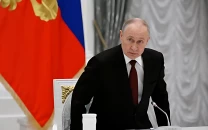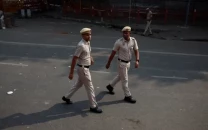South Korean court issues arrest warrants for President Yoon Suk Yeol
Yoon's powers were suspended after his impeachment by the opposition-controlled National Assembly on Dec 14

A South Korean court issued an unprecedented arrest warrant on Tuesday for President Yoon Suk Yeol, who faces allegations of rebellion tied to his short-lived martial law declaration earlier this month. The warrant, along with authorization to search his office and residence, marks the first time such action has been taken against a sitting president.
Impeachment suspends presidential powers
Yoon’s presidential powers have been suspended since his impeachment by the opposition-controlled National Assembly on December 14. The Constitutional Court will decide whether to reinstate him or remove him permanently. Experts say detention or searches are unlikely unless Yoon is formally ousted.
Rebellion charges carry severe penalties
The investigation, led by the Corruption Investigation Office for High-Ranking Officials, is probing whether Yoon’s December 3 martial law declaration constitutes rebellion, a charge punishable by death or life imprisonment. Presidential immunity does not extend to such charges, though Yoon’s lawyer has dismissed the warrants as “illegal.”
Martial law sparks political turmoil
Yoon’s martial law declaration, lasting just six hours, involved the deployment of troops and police to the National Assembly. Lawmakers overturned the decree unanimously, calling it an unconstitutional power grab. Yoon defended his actions as governance aimed at curbing what he described as the opposition’s “anti-state forces.”
Arrests and testimonies add pressure
Several top officials, including the defense minister and police chief, have been arrested over their roles in the martial law enactment. Testimonies from military commanders contradict Yoon’s claims that the troops were only deployed to maintain order.
Political fallout deepens
The crisis has further destabilized South Korea, with acting President Han Duck-soo also impeached last week over judicial appointments. Deputy Prime Minister Choi Sang-mok now serves as interim leader, tasked with resolving the national divide and filling vacant justice seats crucial for the Constitutional Court’s ruling on Yoon’s impeachment.
Observers suggest the arrest warrant is a strategic move to pressure Yoon into cooperating with the investigation, but whether authorities can enforce it remains uncertain.



















COMMENTS
Comments are moderated and generally will be posted if they are on-topic and not abusive.
For more information, please see our Comments FAQ